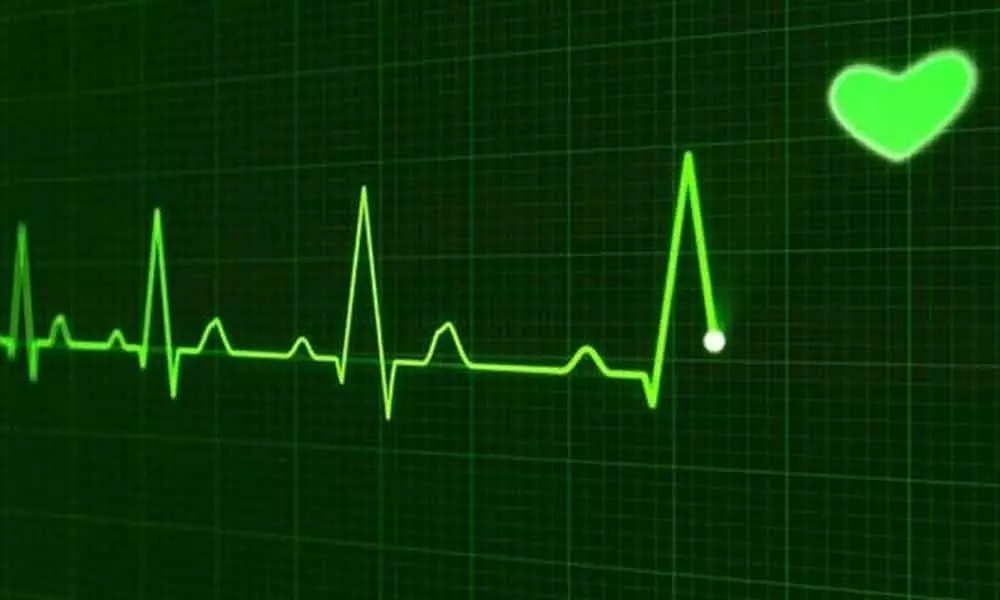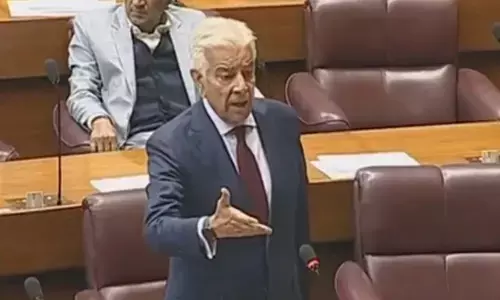Potential drug to prevent heart failure developed

Researchers have developed a potential drug to treat heart attack and prevent heart failure -- for which no cure currently exists.
Toronto : Researchers have developed a potential drug to treat heart attack and prevent heart failure -- for which no cure currently exists.
The study, published in the journal Nature Communications Biology, noted that heart attacks triggered inflammatory responses that cause a scar in the heart which eventually leads to incurable heart failure.
The potential drug developed by the researchers, including those from the University of Guelph in Canada, would prevent scarring, and eliminate the need for patients to take possibly debilitating heart medication for the rest of their lives.
The researchers said that the drug works based on our body's natural clock called the circadian rhythm found in all cells of the body.
The body clock consists of genes and proteins that interact in 24-hour day and night cycles to regulate key functions such as heart rate and blood pressure, the study noted.
In the heart, the researchers said, that the clock mechanism controls healthy blood flow as well as how the heart responds to damage and undergoes repair.
"This research is really exciting because it opens the door to use circadian medicine therapies to heal heart attacks after they occur and to prevent the subsequent development of heart failure," said Tami Martino, co-author of the study from the University of Guelph.
Martino and her team used the drug called SR9009 to target a key component of the body clock and disrupt the expression of genes which trigger adverse immune responses after a heart attack.
When the researchers conducted experiments with the drug in mice, it reduced the production of a cellular sensor called the NLRP3 inflammasome which was behind tissue scarring.
The study showed for the first time that treating heart attack survivors with the drug, along with conventional therapy such as reperfusion, may lead to less inflammation and better cardiac repair.
According to Martino, the drug caused healing almost as though no heart attack had happened. "No scar, no heart damage, no heart failure - people can survive heart attacks because the heart won't even be damaged.
We were amazed to see how quickly it worked, and how effective it was at curing heart attacks and preventing heart failure in our mouse models of the disease," Martino said.
The researchers said that the discovery might ultimately help find other heart therapies involving early adverse inflammatory response such as organ transplant or valve replacement.








